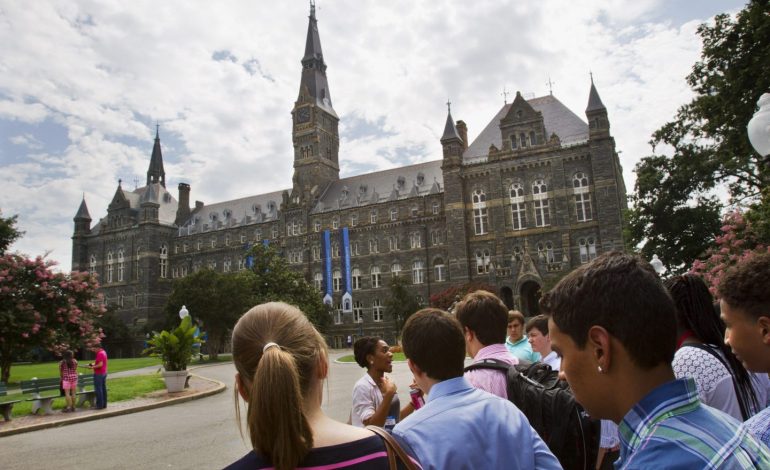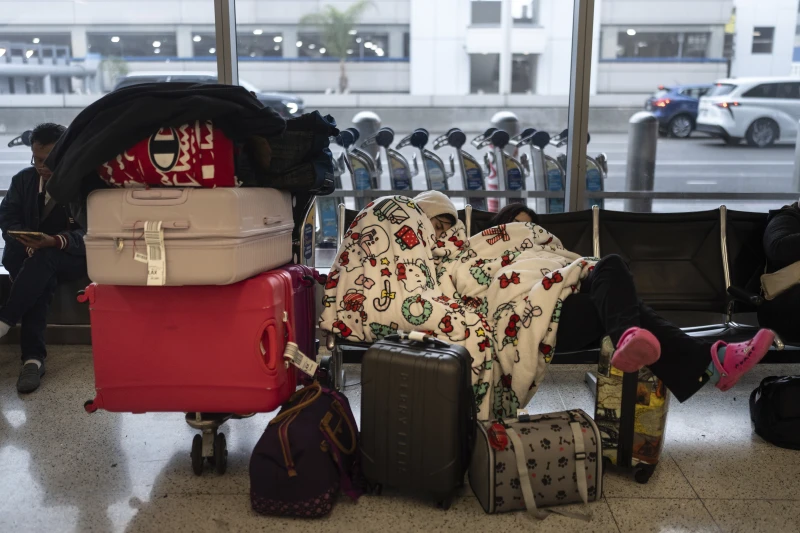Leaked University Emails Highlight Special Admissions Consideration for Wealthy Students, Lawsuit Alleges

- PublishedDecember 19, 2024
Recent court filings have shed light on how some of the nation’s most prestigious universities allegedly offer special admissions treatment to wealthy and well-connected applicants, Fortune reports.
The new information, part of an ongoing class-action lawsuit, reveals that children of affluent families may receive preferential treatment not based on academic merit but due to the influence of their parents, particularly if those parents are significant donors or have strong ties to the institution.
The lawsuit, which was first filed in 2022 against 17 elite schools, includes emails and other communications that point to instances where university officials openly discussed admitting students who, without the influence of family connections, would not have otherwise been considered.
For example, a 2018 email from Stuart Schmill, Dean of Admissions at the Massachusetts Institute of Technology (MIT), revealed that the university admitted four out of six applicants recommended by Robert Millard, a board chairman. According to the email, two of these applicants were accepted despite being “not in the ball park” in terms of qualifications. Schmill noted that Millard, while downplaying his influence, sent personal notes on all six candidates and later met with Schmill to provide additional context about who should be prioritized.
This and other instances highlighted in the lawsuit have raised concerns about fairness in the admissions process. The documents suggest that some universities may admit students based on their parents’ ability to donate substantial sums, which, the lawsuit claims, distorts the merit-based admissions system.
The lawsuit further alleges that the 17 schools were involved in collusion to reduce financial aid offers and create a more predictable admissions environment. The plaintiffs argue that this collusion resulted in students receiving far less financial aid than they would have in a more competitive market. Robert Gilbert, an attorney representing the plaintiffs, emphasized that the schools prioritized the financial interests of wealthy families over the needs of students who might have been more academically qualified but required financial assistance.
As of now, ten of the schools involved have reached settlements in the case, agreeing to pay a total of $284 million. These settlements include payments to students whose financial aid may have been insufficient due to the alleged practices. The universities involved in these settlements include Brown, Columbia, Dartmouth, Duke, Northwestern, Rice, Yale, and others.
However, some schools, including MIT, Georgetown, and the University of Pennsylvania, are continuing to contest the allegations. MIT, in particular, dismissed the claims, with a spokesperson stating that the university had produced an overwhelming amount of evidence showing that its admissions process was independent of external influence. Penn similarly defended its practices, arguing that the case was an attempt to tarnish its reputation without merit.
Another school mentioned in the filings is the University of Notre Dame. According to a 2012 email from Don Bishop, then associate vice president for enrollment, the university made allowances for students with poorer academic records due to their family connections and potential financial contributions. Bishop wrote that the “special interest” applicants that year had lower academic ratings than previous classes, citing “massive allowances to the power of the family connections and funding history.”
Other filings point to similar favoritism, with some schools reportedly giving an edge to applicants who did not need financial aid, simply because they could pay full tuition.
The lawsuit is part of a broader challenge to the way elite universities handle admissions and financial aid. Historically, many of these schools have claimed to practice “need-blind” admissions, meaning that a student’s financial need should not factor into their acceptance decision. However, the lawsuit argues that by prioritizing wealthy applicants, these schools violated the spirit of this policy.
The group of 17 schools had been part of a collaboration approved by Congress that allowed them to share financial aid strategies without violating antitrust laws. However, the group dissolved in recent years, and the expiration of this provision has brought more scrutiny to the admissions practices of these schools.








